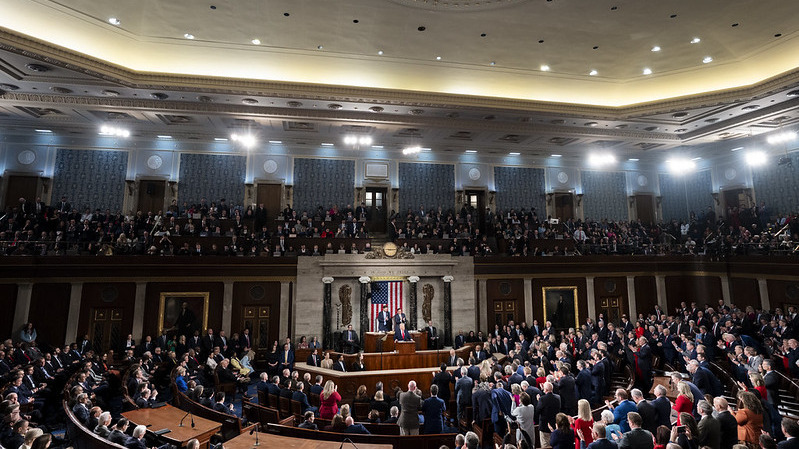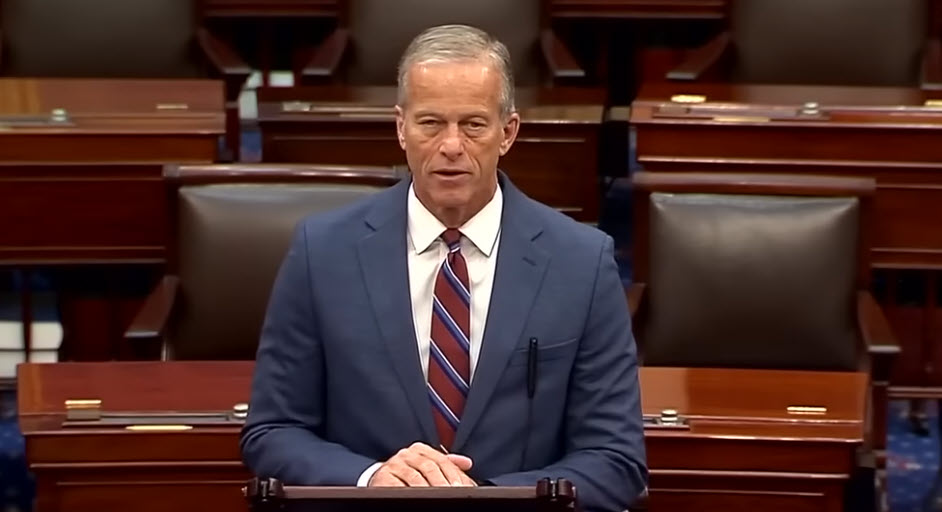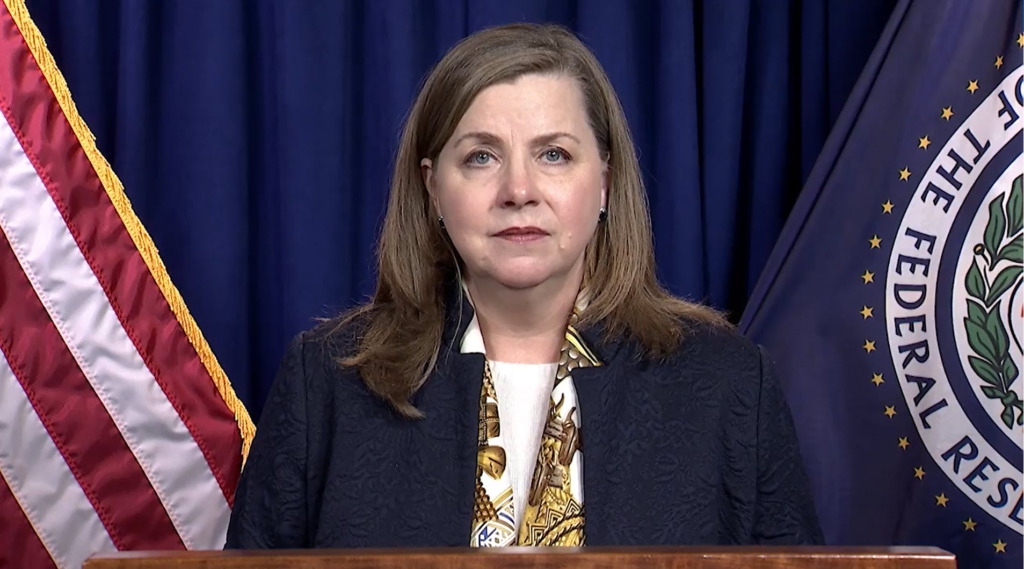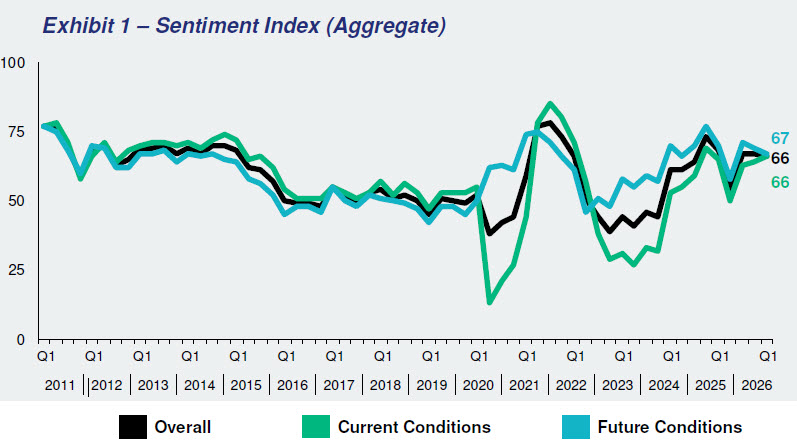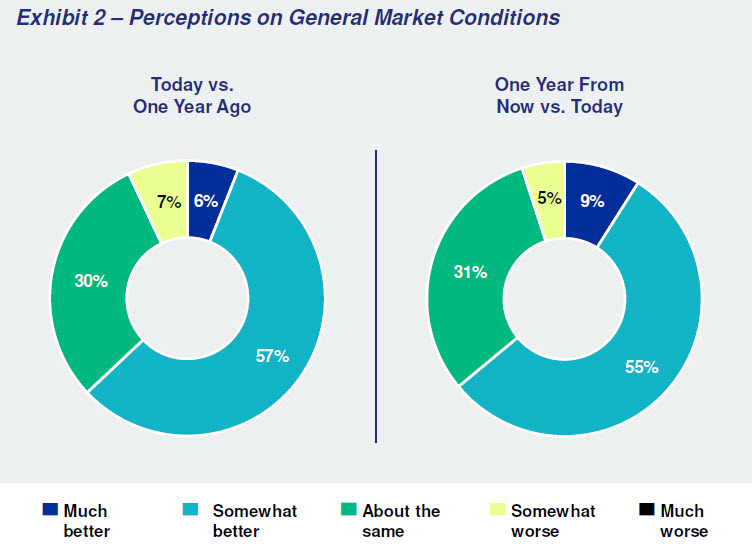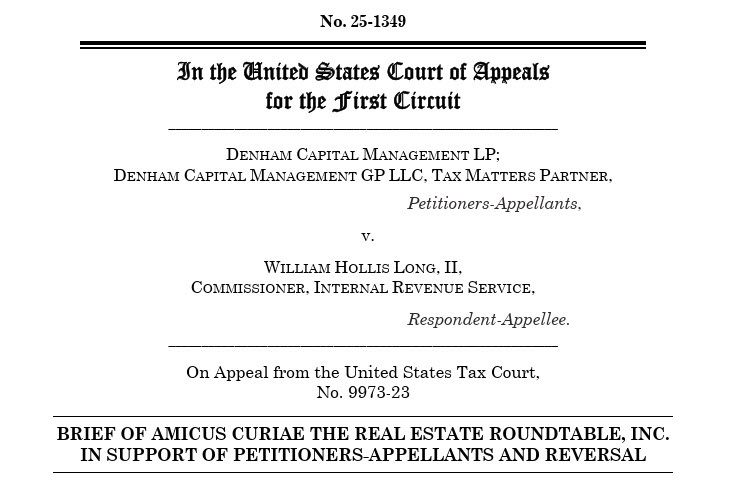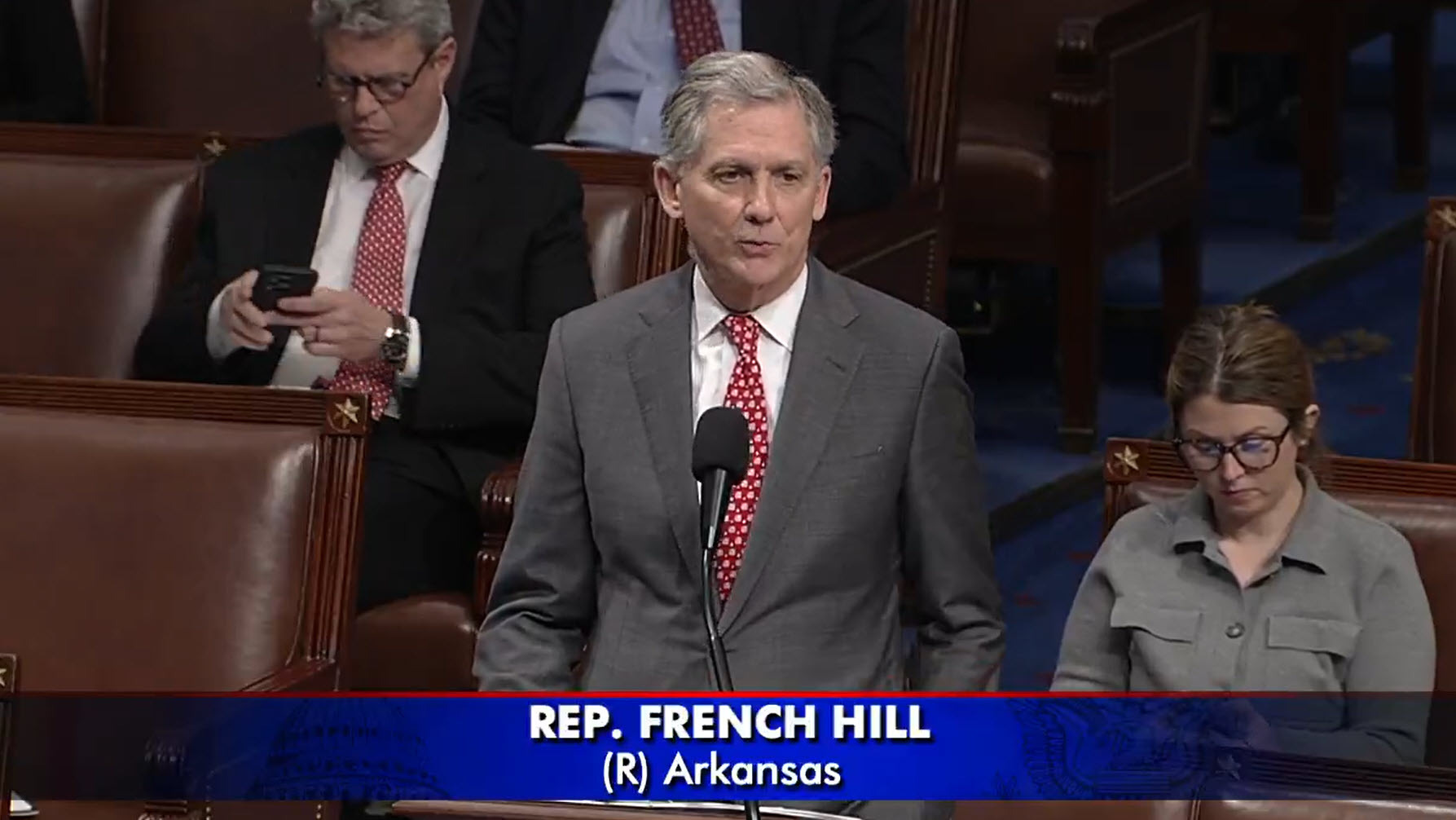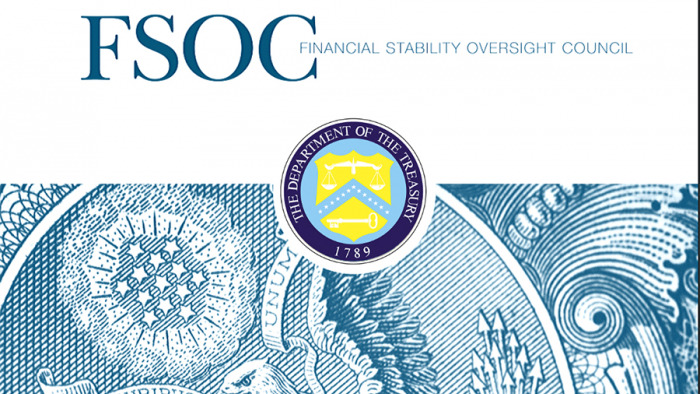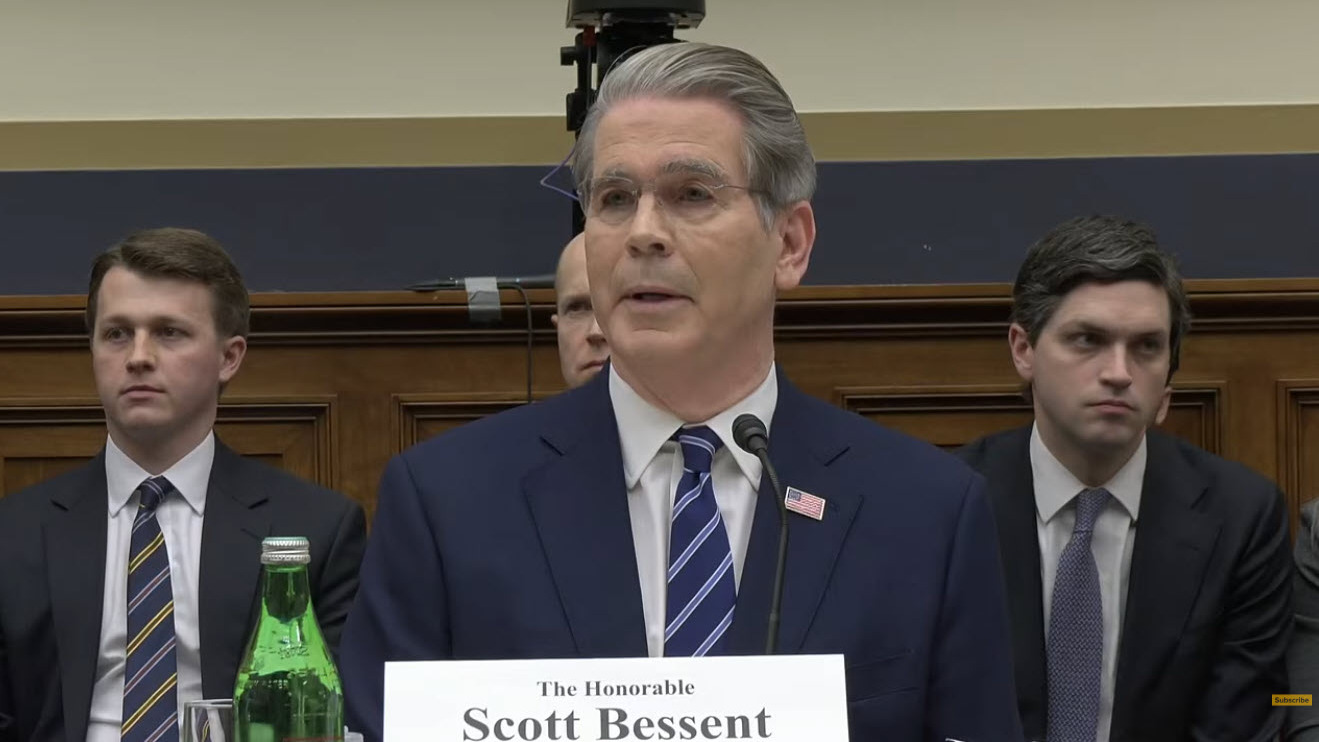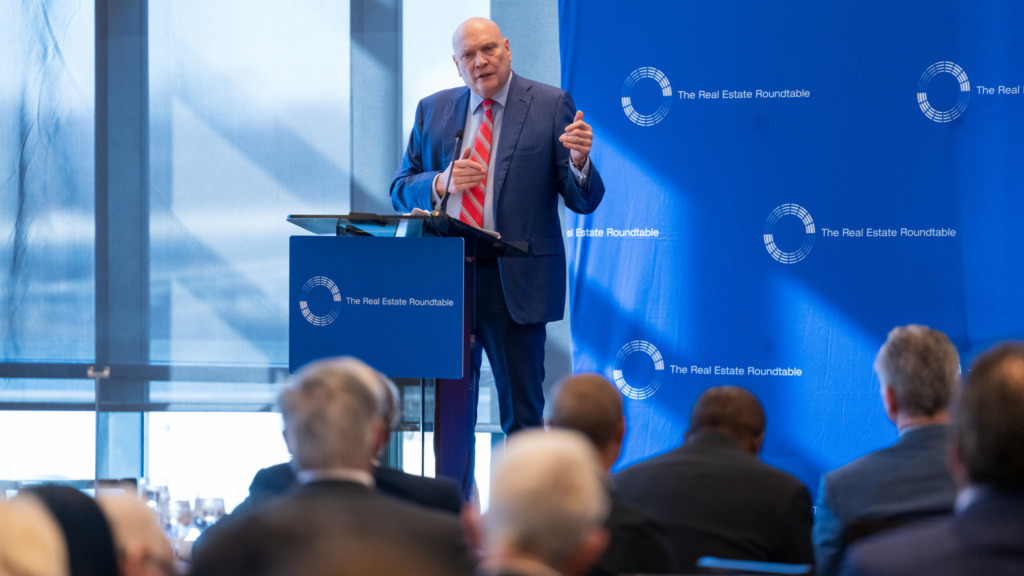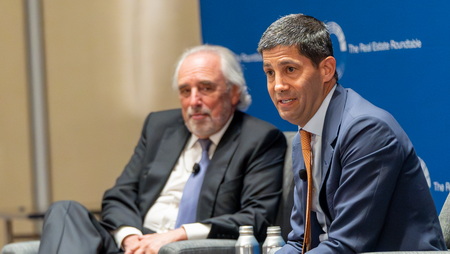Statement by Real Estate Roundtable (RER) President and CEO Jeffrey D. DeBoer
(WASHINGTON, D.C.) — “The Real Estate Roundtable supports many provisions in the ROAD to Housing Act and the Housing for the 21st Century Act, both of which take important steps toward expanding housing supply. Expanding housing supply requires significant capital investment. However, the institutional investor provisions under consideration in the Senate bill would be counterproductive. These provisions would discourage the capital investments that are needed to develop, redevelop, and modernize the nation’s owner-occupied and rental housing stock. In particular, the provision to force institutional owners of rental housing to sell the homes that they build within a specified 7-year timeframe would discourage investment in home construction, could actually result in rent increases in many markets, and would no doubt face substantial constitutional challenges.
Addressing housing affordability challenges facing families across the country requires a greater supply of housing. While much of the housing bill now before the Senate is properly focused, the institutional investor provisions should be dropped.”
